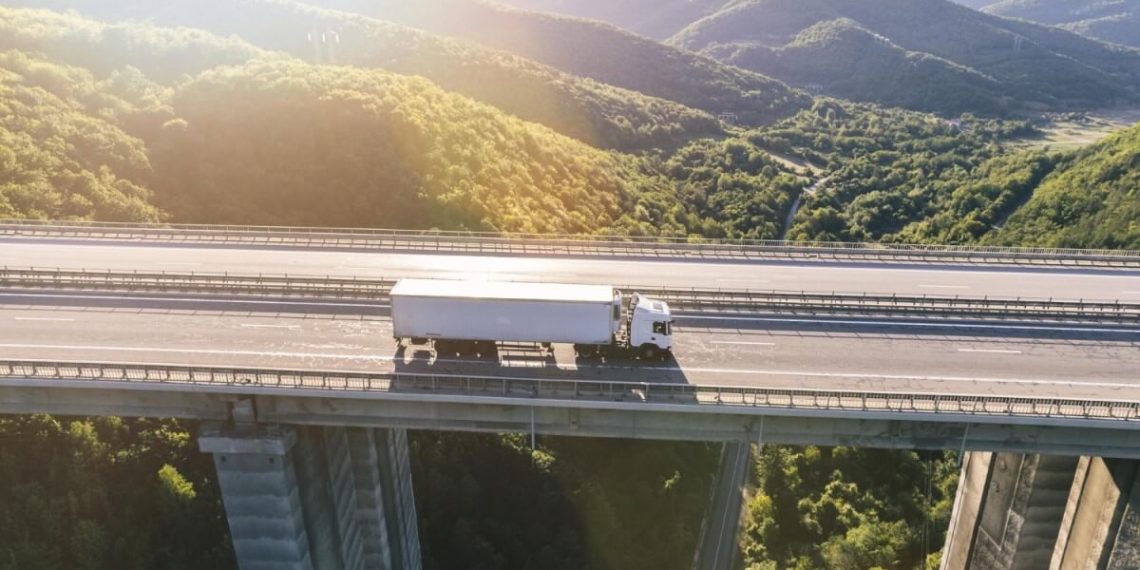Bulgaria and Romania’s additional measures to combat irregular migration amidst their accession to the Schengen Zone have raised concerns from the International Road Transport Union (IRU). The organization has expressed worries about the negative impacts these measures are having on goods transport and trade.
According to SchengenVisaInfo.com, the IRU has called on the European Commission to support the free intra-EU transport of goods by road at Schengen and other intra-EU borders. These measures are aimed at ensuring efficient truck flows across the EU’s external road borders.
Trucks used to wait at Romania’s border with Hungary and Bulgaria for an average of six hours per crossing, with the potential for the wait time to extend up to 72 hours. Now, trucks waiting at Bulgaria’s external EU borders are experiencing even longer delays, with some waiting for four to five days.
The IRU has highlighted the high cost of truck waiting times at internal EU borders. For example, in 2022, 3.9 million trucks entered or exited Romania (excluding transit) via its 18 border crossing points with Hungary and Bulgaria. These crossings resulted in a total of 23.5 million hours of time wasted for drivers and trucks, costing transport operators €90 million, with an additional €2.32 billion in lost annual revenues.
In a letter addressed to the European Commission President, Ursula von der Leyen, IRU Secretary General Umberto Pretto emphasized the organization’s support for Bulgaria and Romania’s accession to the EU’s passport-free travel zone. However, the IRU has urged the EU to support several recommendations to ensure the efficient flow of road goods transport within the EU.
Among the recommendations, the IRU has called for an increase in the capacity for identity checks of professional drivers at external EU land borders, as well as adherence to the TIR Convention rules and procedures. The organization is also urging EU countries to provide clear information about anticipated waiting times at external borders.
While Bulgaria and Romania are set to join Schengen partially by air and sea from March 31, the accession date for their land borders will be determined after this date. The National Union of Road Hauliers from Romania (UNTRR) has called for a clear date for the accession of these two countries by land, as remaining outside the Schengen Area has cost the road freight industry €2.41 billion in losses.
Additionally, the head of one of Bulgaria’s largest employers’ organizations has called for stringent controls on Austrian drivers and their vehicles, urging for similar measures to be introduced for Bulgarian drivers and vehicles. These developments indicate the complexity surrounding Bulgaria and Romania’s efforts to join the Schengen Zone and the impact it has on road transport.
Still have some travel questions? Ask in our Travel WhatsApp Group.








